Professor Pablo Garcia Distinguished Chair
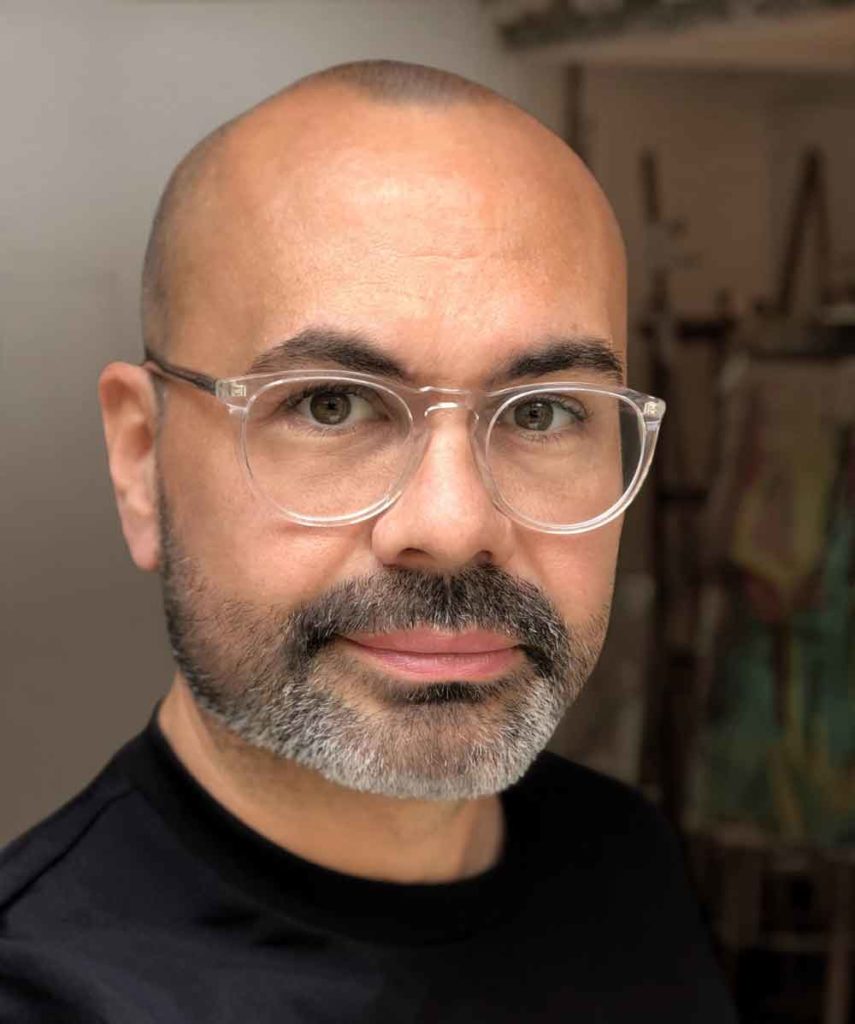
| Home Institution | School of the Art Institute of Chicago (SAIC) |
|---|---|
| Host Institution | School of Art, RMIT University |
| Award Name | Fulbright Distinguished Chair in Entrepreneurship & Innovation (Funded by RMIT University) |
| Discipline | Art & Design |
| Award Year | 2020 |
Pablo is currently Associate Professor at the School of the Art Institute of Chicago, where he teaches art and design in the Department of Contemporary Practices. His research practice produces artworks, designs, and scholarship inspired by technology’s historical connections to creative practice.
In 2013, Pablo launched the NeoLucida, a modern reinterpretation of the camera lucida. Assuming interest in a 19th century obsolete drawing aid would be low; he was caught by surprise when his crowdfunding campaign raised nearly US$500,000 from more than 11,000 worldwide backers. The ensuing lessons in rapidly growing his practice motivated interest in teaching contemporary arts entrepreneurship.
As a Fulbright Distinguished Chair in Entrepreneurship and Innovation, Pablo will explore new strategies and methods for building and sustaining an art practice. Internet tools and global marketplaces are now accessible by artists and designers of all levels; Pablo’s research will encourage artists around the world achieve creative independence.

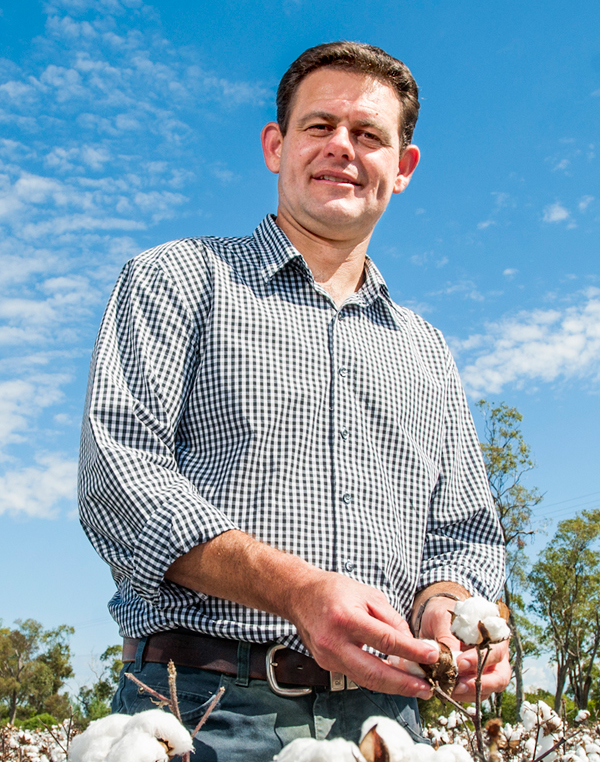
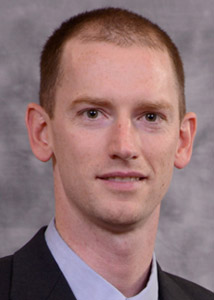
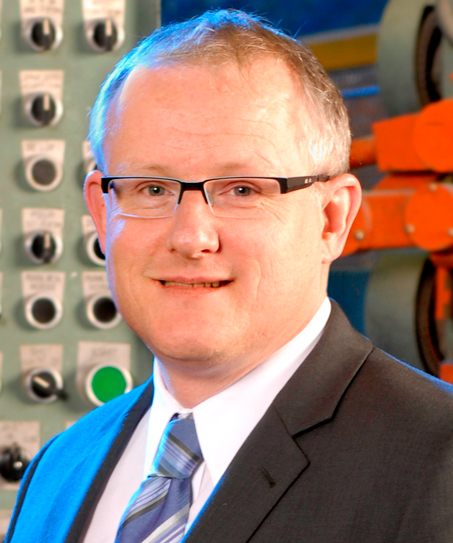

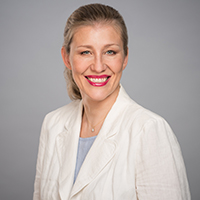
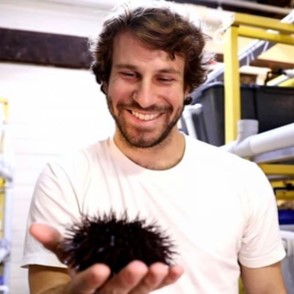
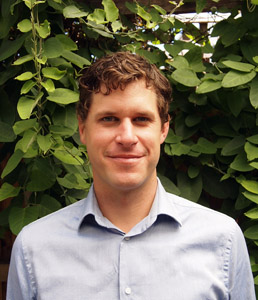
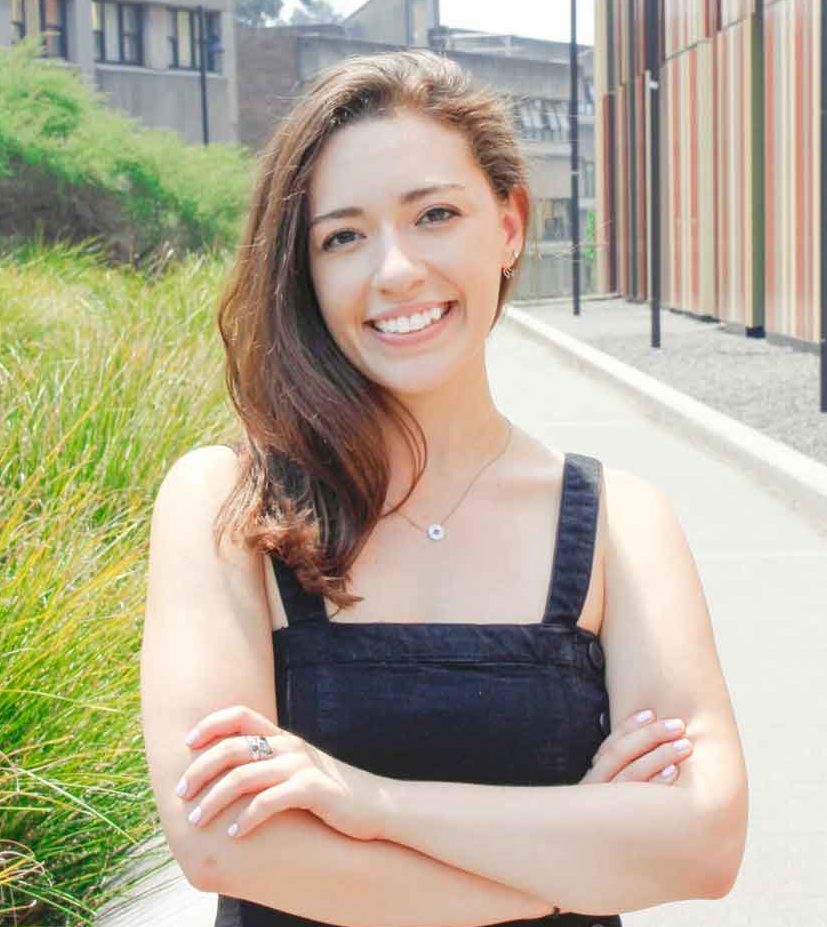
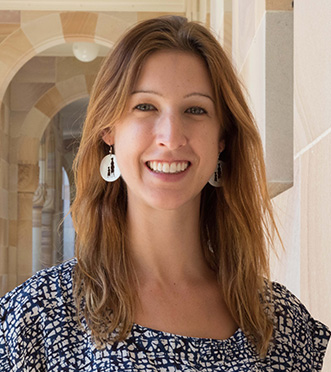
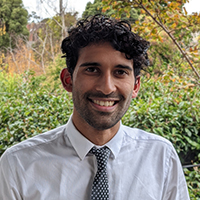
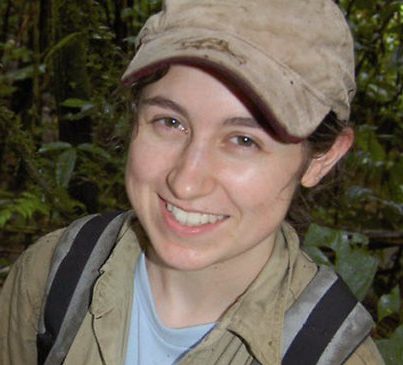















 Facebook
Facebook Twitter
Twitter Linkedin
Linkedin Instagram
Instagram